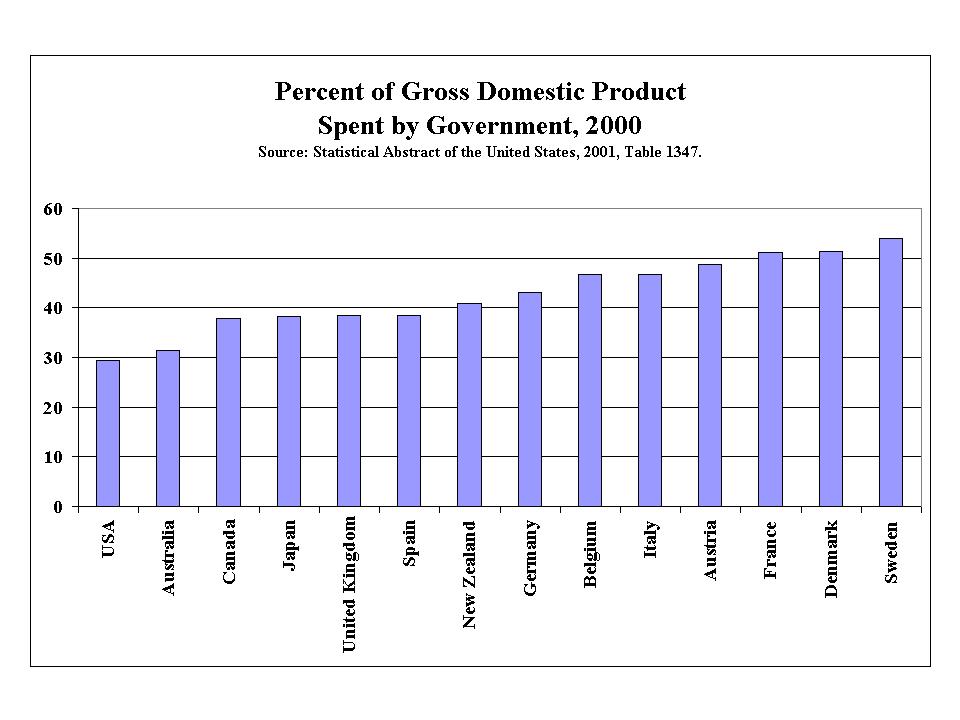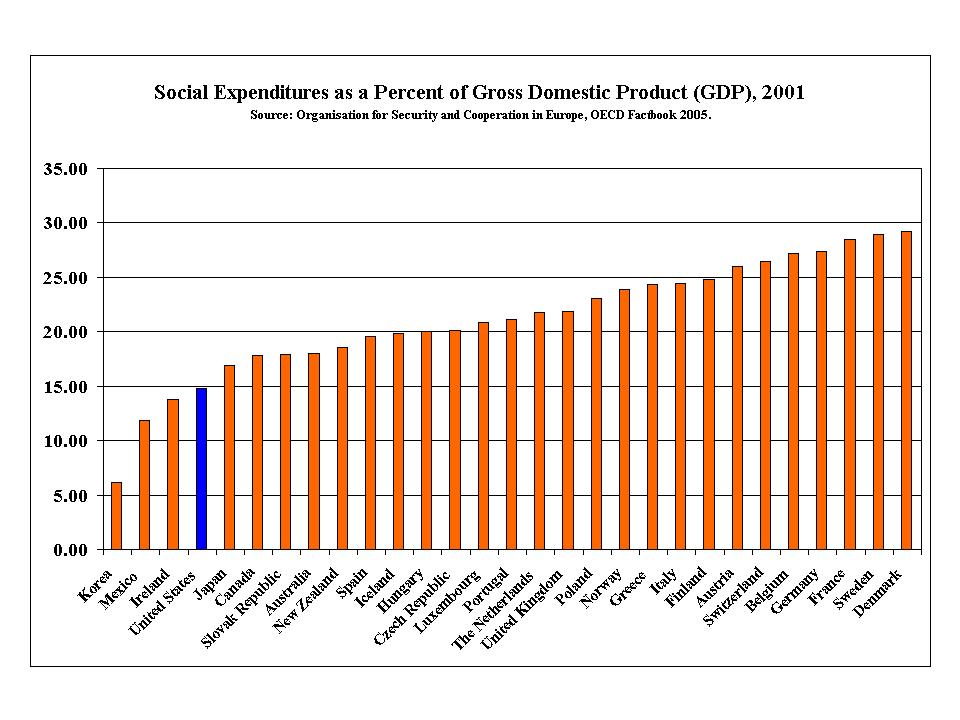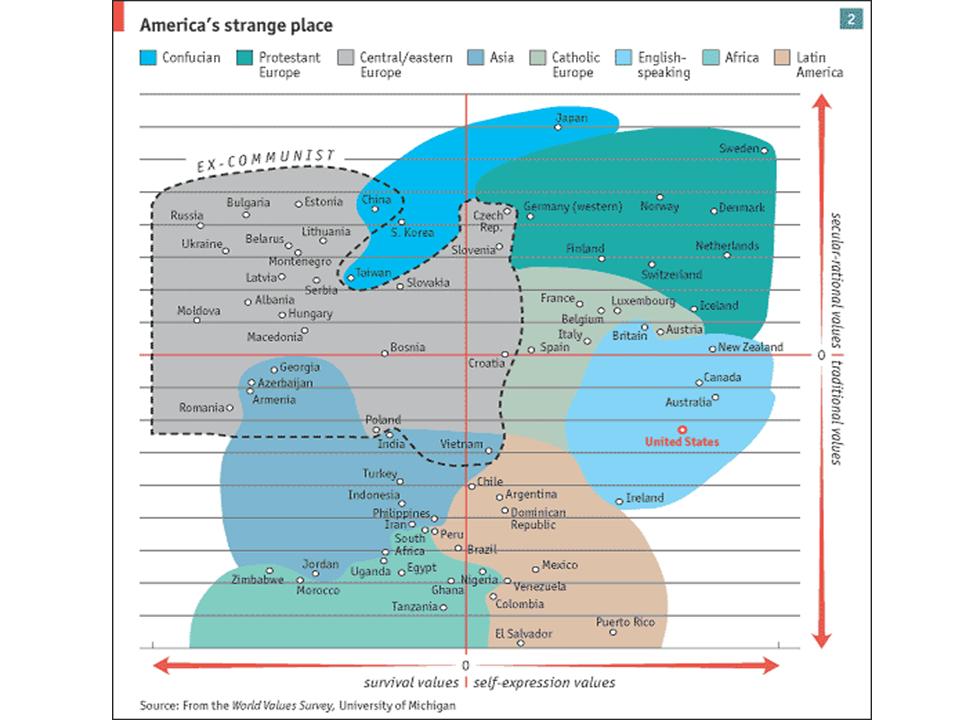The responses to my blog on FDR and Obama prompts me to reconsider a question famously asked by the political theorist Louis Hartz in his classic work The Liberal Tradition in America: Why no socialism in the United States? Hartz’ much debated answer, greatly simplified here, is that because American political development skipped a feudal period, our political culture lacks any sense of class consciousness. Most of us consider ourselves to be the members of the broad, undefined middle class. (As evidence of this, I always ask students in my introductory American politics course how many come from middle class backgrounds. Invariably every hand goes up.) As a result, our politics is dominated by an almost irrational commitment to Lockean liberalism, with its emphasis on individual rights and limited government. Hartz, like many political scientists, eventually went mad. But his question remains relevant today, as the response to my last blog suggests.
Some of you will recall the fervent efforts by conservatives during the 2008 presidential campaign to unearth Obama’s “socialist” leanings (see here), and Obama’s equally fervent efforts to deny any ideological kinship with socialism. More recently, of course, critics of the proposal to rescue the banking industry by having the government buy up bank assets argue that it is a form of socialism – a charge proponents of the bank rescue plan deny. These exchanges are a reminder that, unlike in most of the world, socialism remains a dirty word in American politics.
To explain the American aversion to socialism, political scientists usually point to two factors. One is the Hartzian notion that American’s commitment to liberalism – particularly individual rights – discourages the development of a strong central state. A second explanation, however, points to American political institutions, particularly federalism and the sharing of powers at the national level between two chambers of Congress and the president. American federalism, in which authority is shared concurrently between states and the national government, made the development of a strong working class party rooted in national labor unions more difficult because political parties developed and are organized primarily at the state level. This makes coordinating political action more difficult. So some states develop progressive parties, but others do not. And our system of shared powers, with a legislative body based on local representation, provides many points of access for intense minorities to intervene in the legislative process. In particular, this allows businesses with a vested economic interest in limited government to block efforts to pass legislation increasing the size of the social welfare state. Think back to the effort by small business and insurance companies to block health care reform during the Clinton presidency.
More broadly, this American aversion to socialism makes us an exception in the world. Consider the following two charts. First, note that as a proportion of GDP, we spend much less than many nations on government programs.
And we spend much less on social welfare programs.
Our political culture is also exceptional – we allow for much more individual expression, but we also retain a strong emphasis on traditional values, such as religion. This makes us an outlier among most nations of the world, as the following chart suggests. Notice the location of the United States as a function of expressive and traditional values:
All this is a long prelude to the issue raised by Liz in her response to my discussion of the Obama/FDR comparison. She suggests that Obama might yet be an FDR-like “transformative” president if he is able to persuade Congress to pass social welfare policies that are now common in many industrialized nations. I confess that, given the dire economic circumstances facing the country now, the focus of my critique of the FDR/Obama comparison was on the creation of jobs and the revitalization of the American economy. But perhaps my focus is misplaced. Perhaps, as Liz suggests, Obama may yet push the Democratic Congress to expand the social welfare state through the adoption of policies such as paid parental leave, a government-run, single-payer health care system, nationalized banking system and other statist policies. If so, he might yet go down in history as one of the greater presidents. In a later post I will give my thoughts on Liz’ suggestion, but I am curious to hear from you first.
What do you think? Will Obama, working through the Democratically-controlled Congress, succeed in expanding the social welfare state? And, if so, will he be the next FDR?



